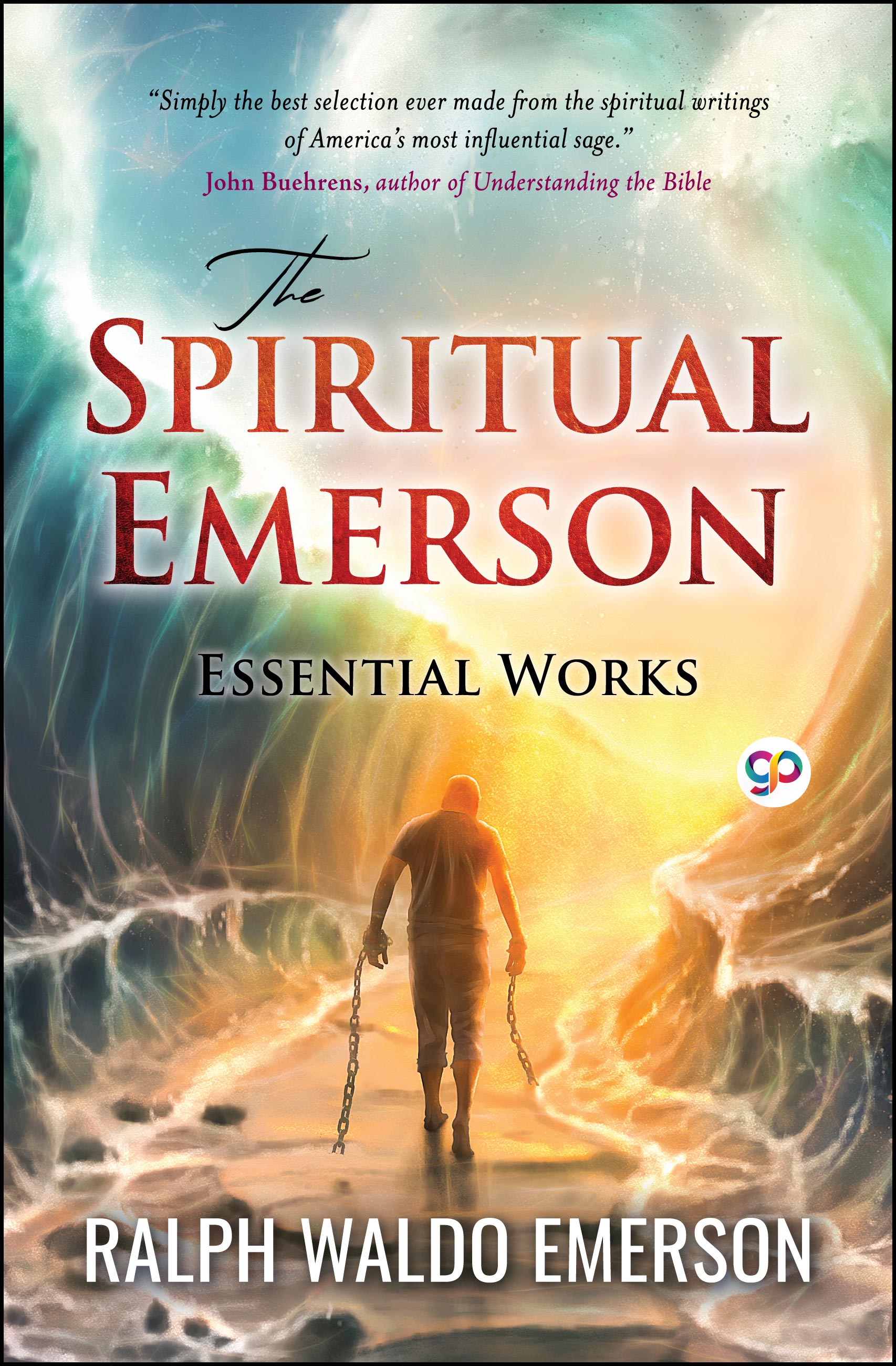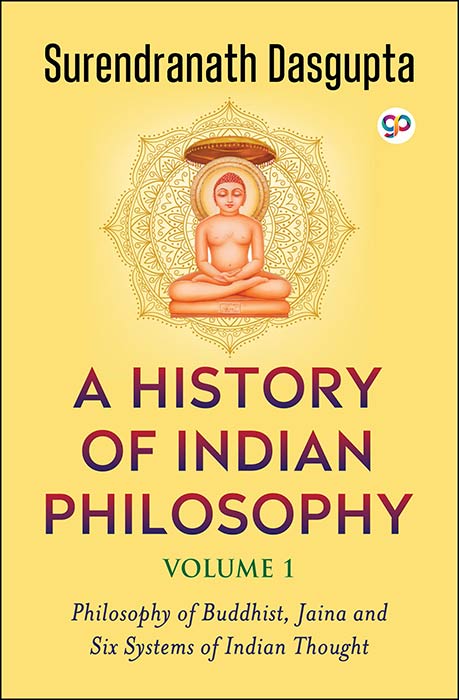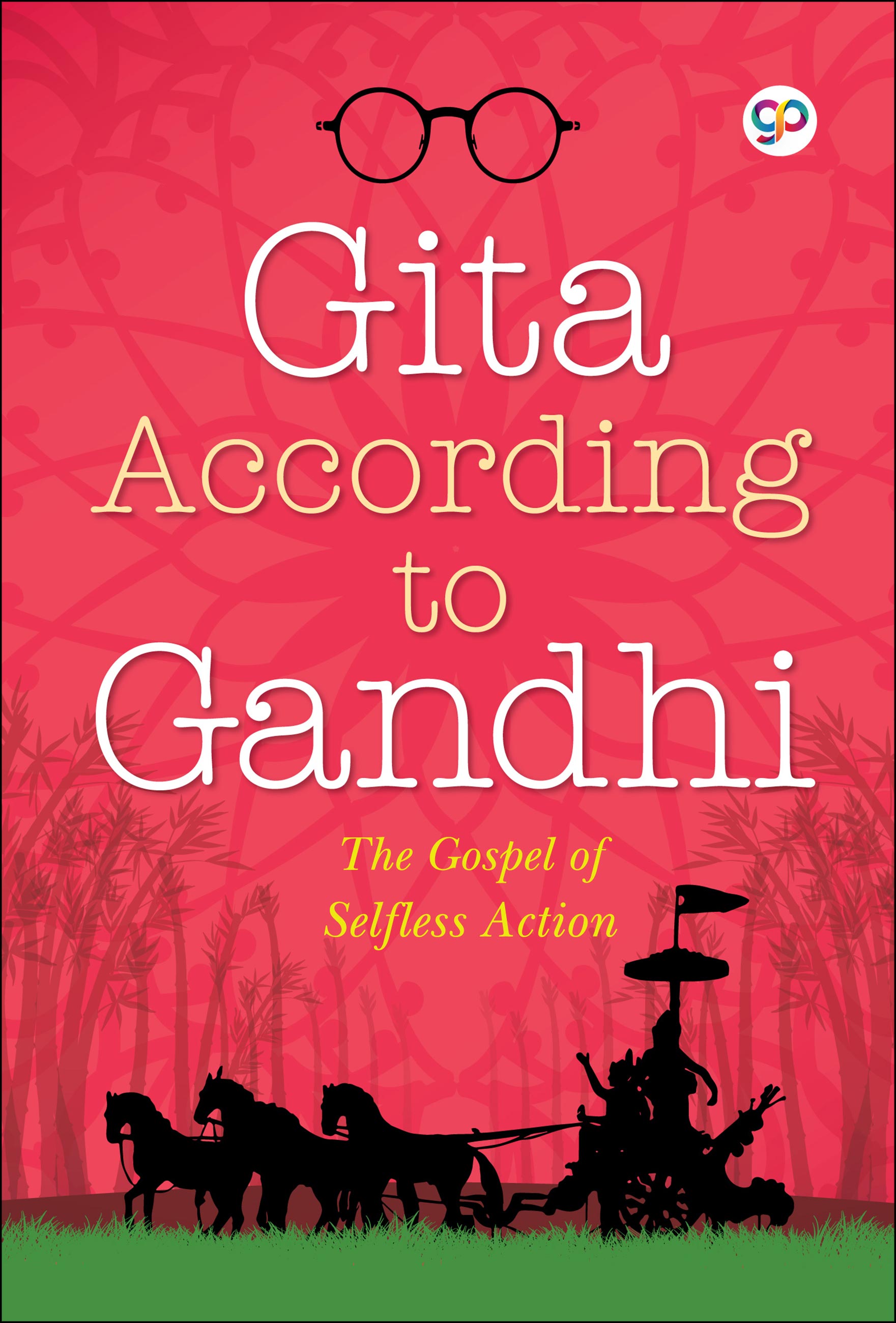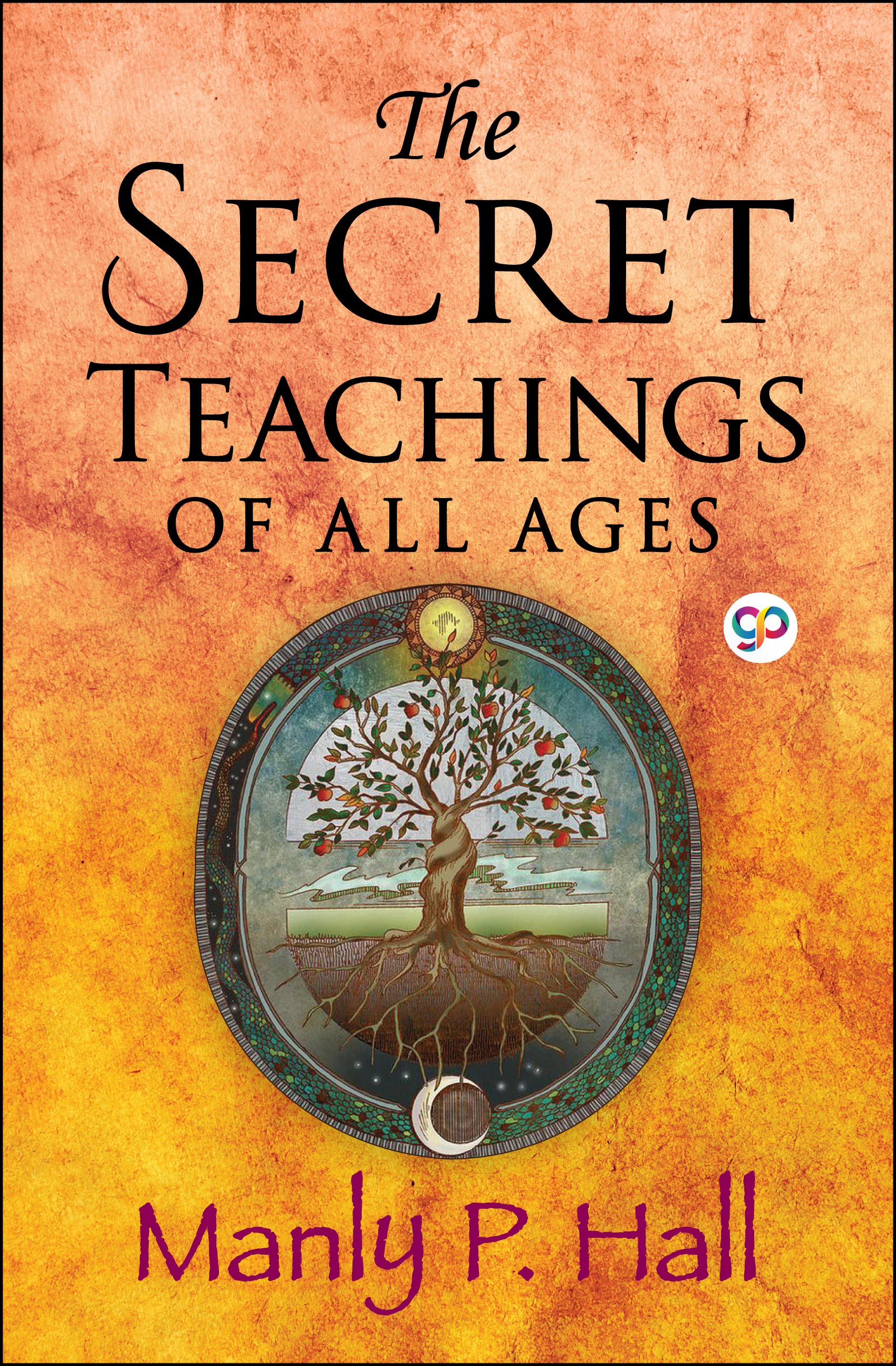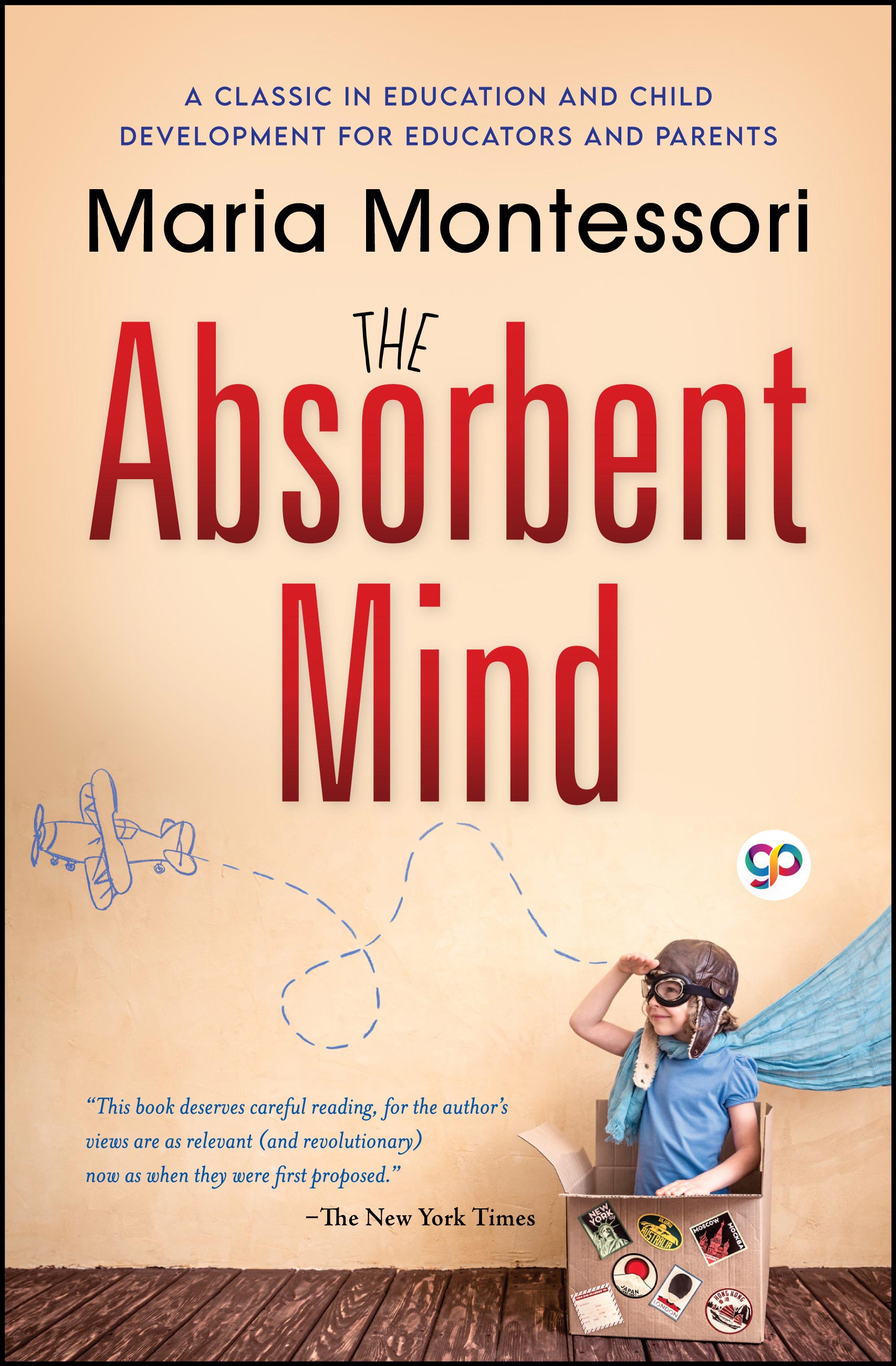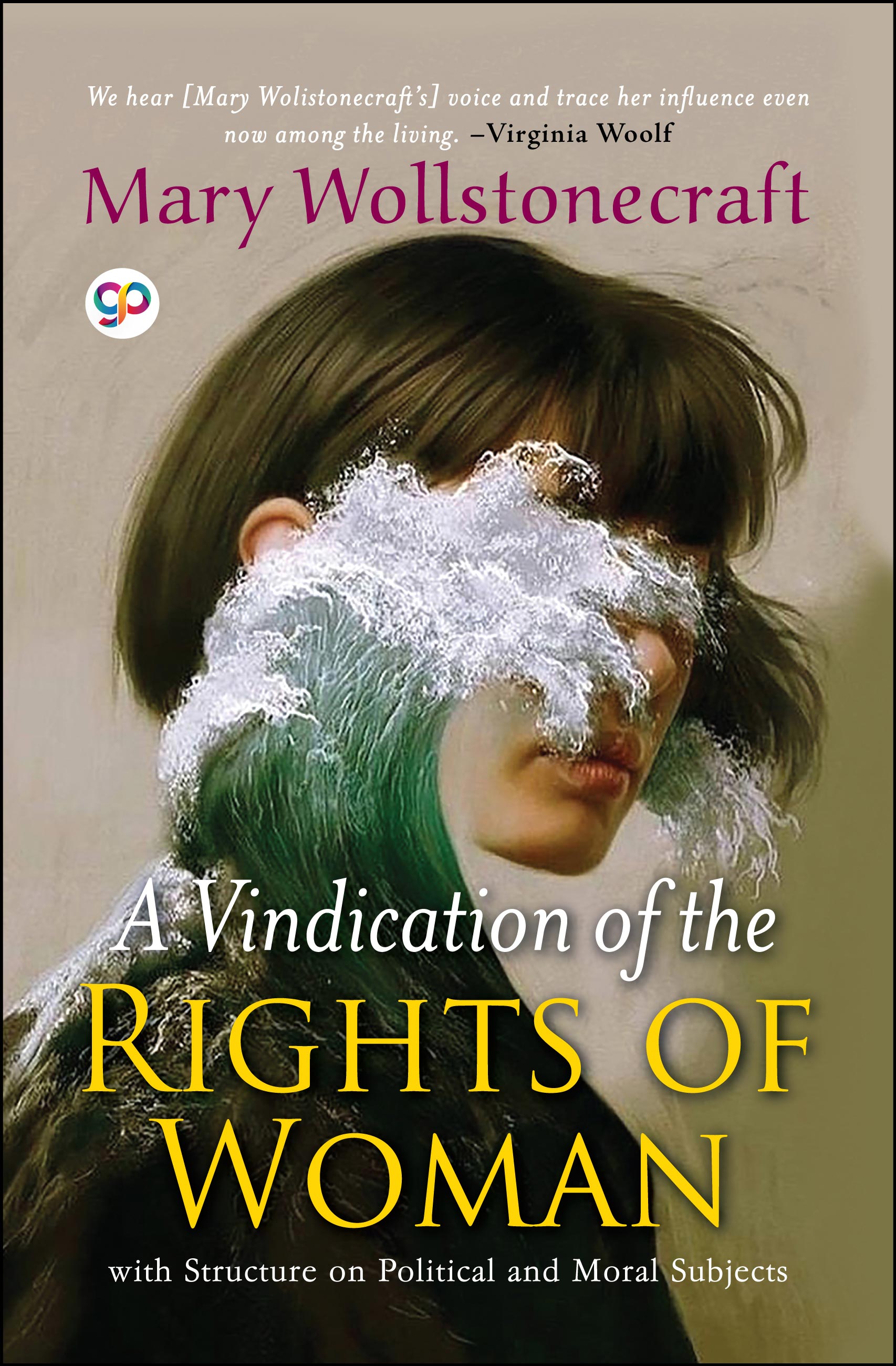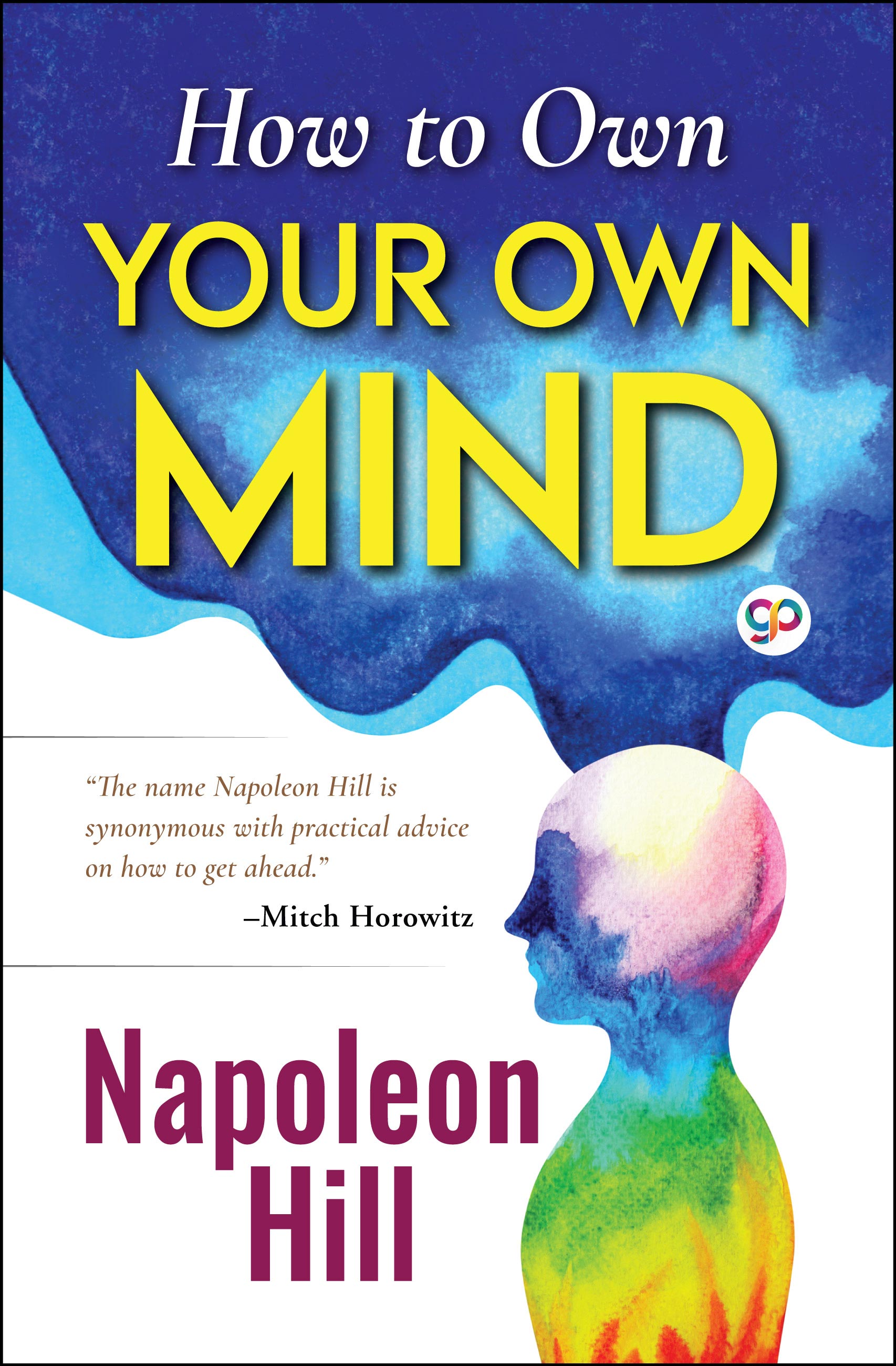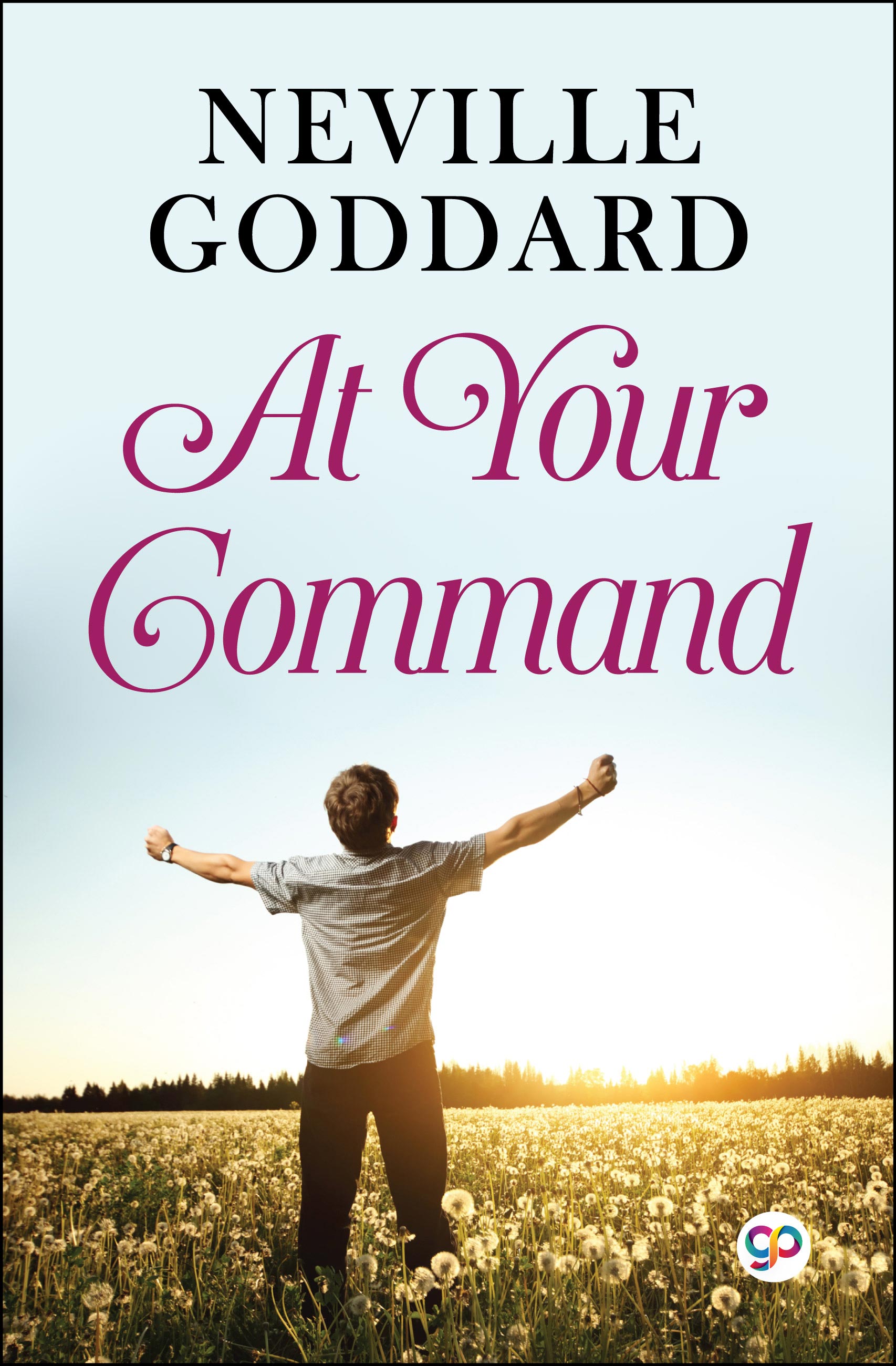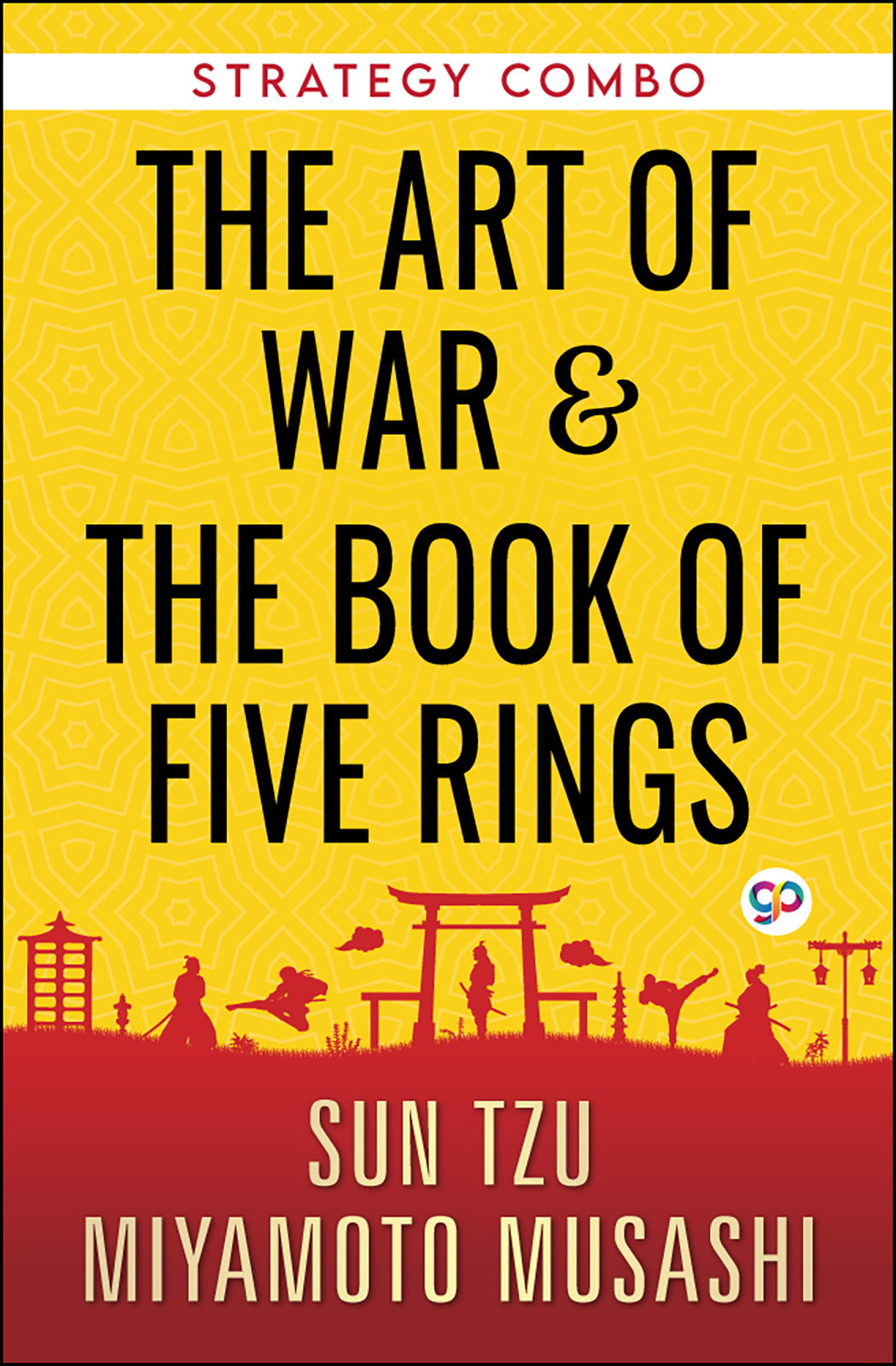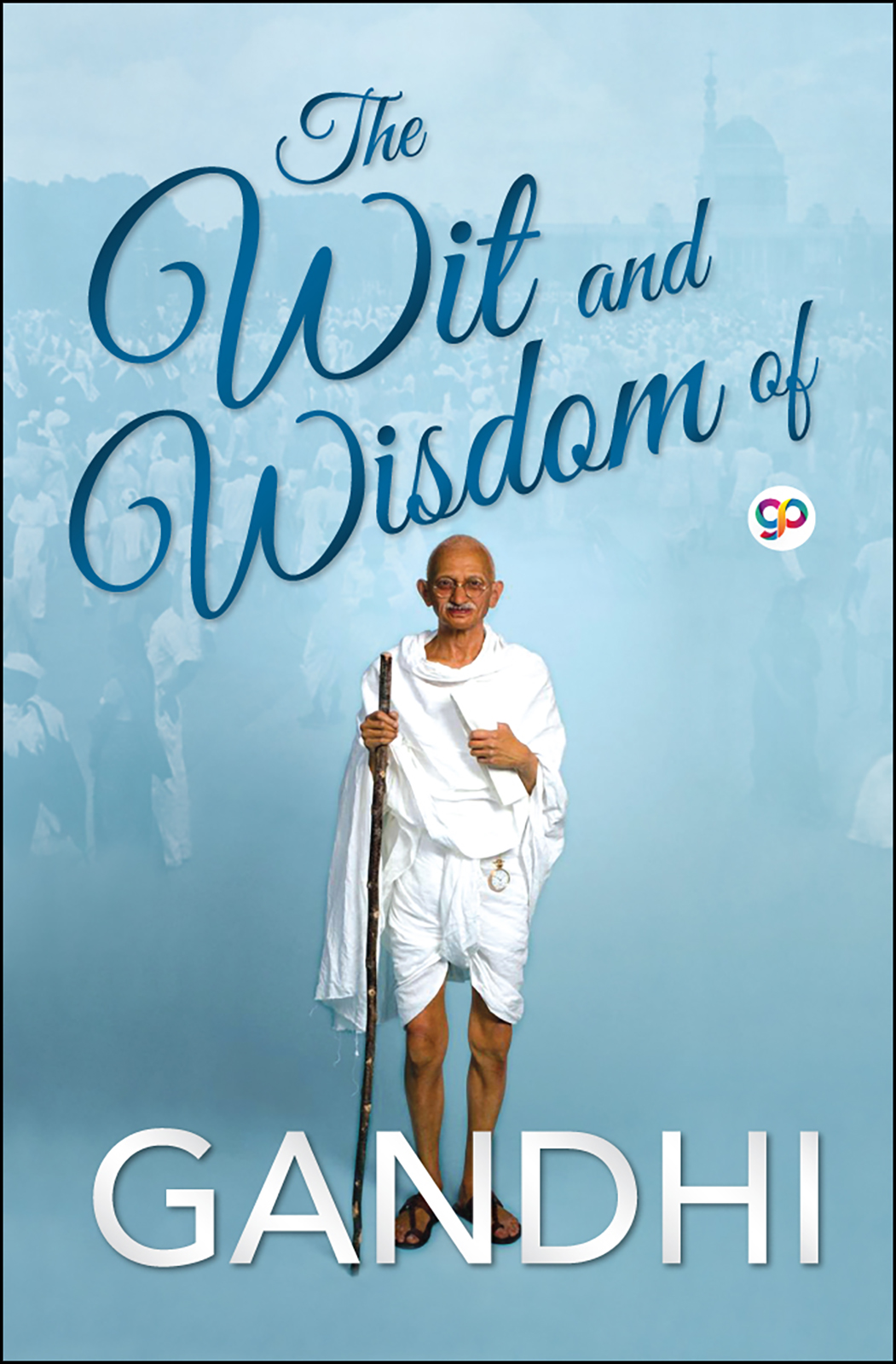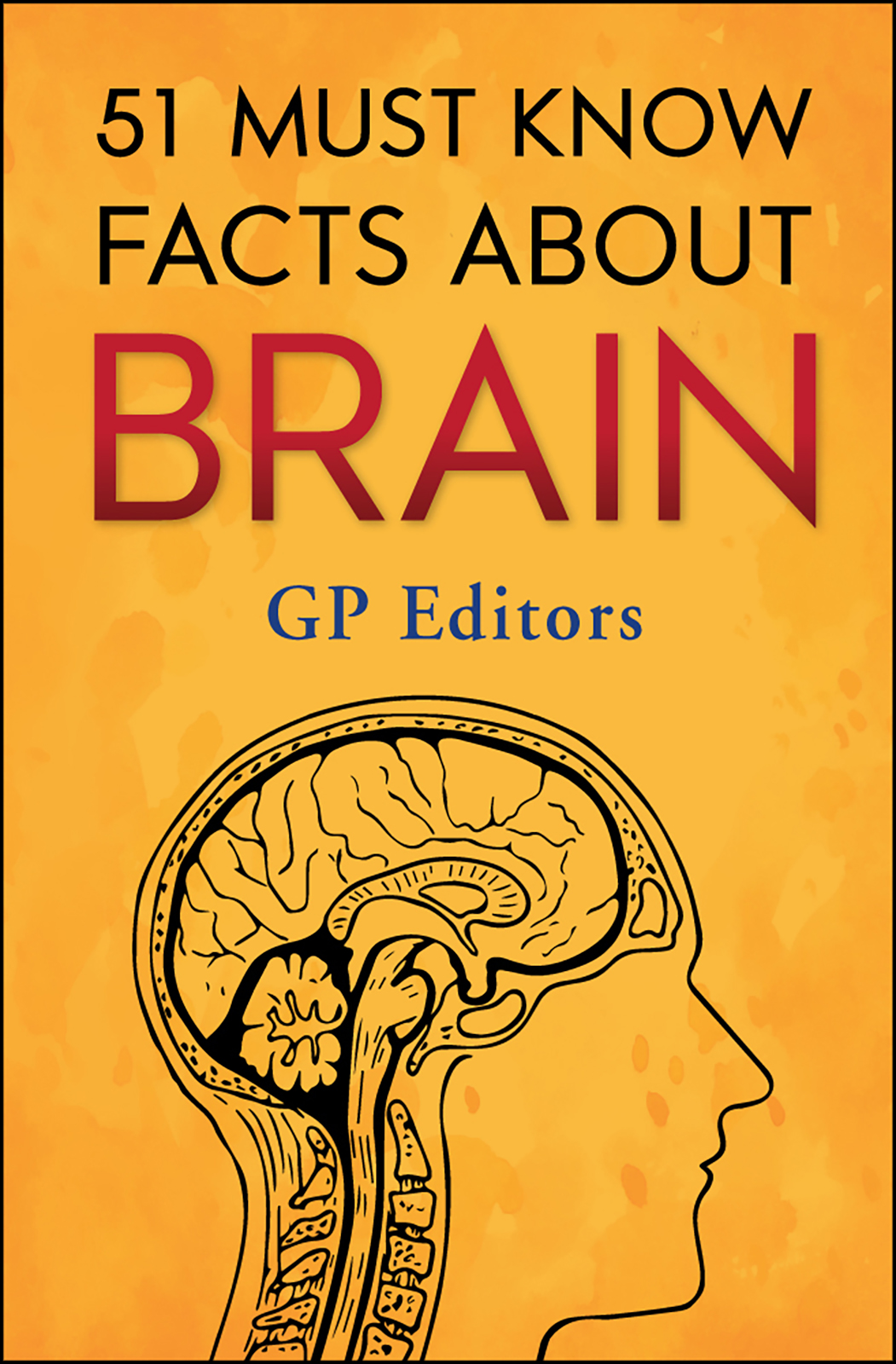
Marriage and Morals (eBook)
First published in 1929, ‘Marriage and Morals’ is a bold and thought-provoking exploration of love, sexuality, and human relationships by renowned British philosopher and Nobel laureate Bertrand Russell. Known for his clear, rational prose and fearless critique of social norms, Russell challenges the traditional moral codes surrounding marriage and family life.
In this pioneering work, he questions the foundations of sexual ethics rooted in religion and outdated societal conventions, advocating instead for personal freedom, gender equality, and a more compassionate approach to relationships. Topics such as birth control, divorce, monogamy, and the changing role of women are examined with remarkable foresight, aiming to align moral standards with human happiness and reason.
Controversial upon its release, ‘Marriage and Morals’ sparked widespread debate for its progressive views, yet it played a significant role in shaping modern attitudes toward marriage and sexuality. Russell’s arguments remain strikingly relevant, offering a critical lens through which to examine the evolving nature of intimacy, commitment, and social expectations. This enduring work invites readers to reflect on how personal and societal values intersect—and how they might be transformed in pursuit of a more humane and rational future.
BEST SELLERS
About the Author
Bertrand Russell (1872–1970) was a British philosopher, logician, mathematician, historian, and writer, widely regarded as one of the most influential thinkers of the 20th century. Born into an aristocratic family in Trellech, Wales, he was orphaned young and raised by his grandparents. Russell studied mathematics and philosophy at Trinity College, Cambridge, where he quickly distinguished himself as a brilliant intellect.
In his early career, Russell co-authored Principia Mathematica (1910–1913) with Alfred North Whitehead, a groundbreaking work in symbolic logic and the foundations of mathematics. He made significant contributions to analytic philosophy, especially in logic, epistemology, and the philosophy of language. His essay “On Denoting” (1905) became a cornerstone in the field.
During his middle life, Russell became a public intellectual and social critic. He was an outspoken pacifist during World War I, for which he was imprisoned, and later criticized totalitarianism and nuclear proliferation. His popular works like A History of Western Philosophy (1945) and Why I Am Not a Christian (1927) reached a broad audience.
Russell received the Nobel Prize in Literature in 1950 for his varied and significant writings. He remained active in political causes until his death in 1970 at age 97. His legacy spans both rigorous philosophy and humanist activism.

